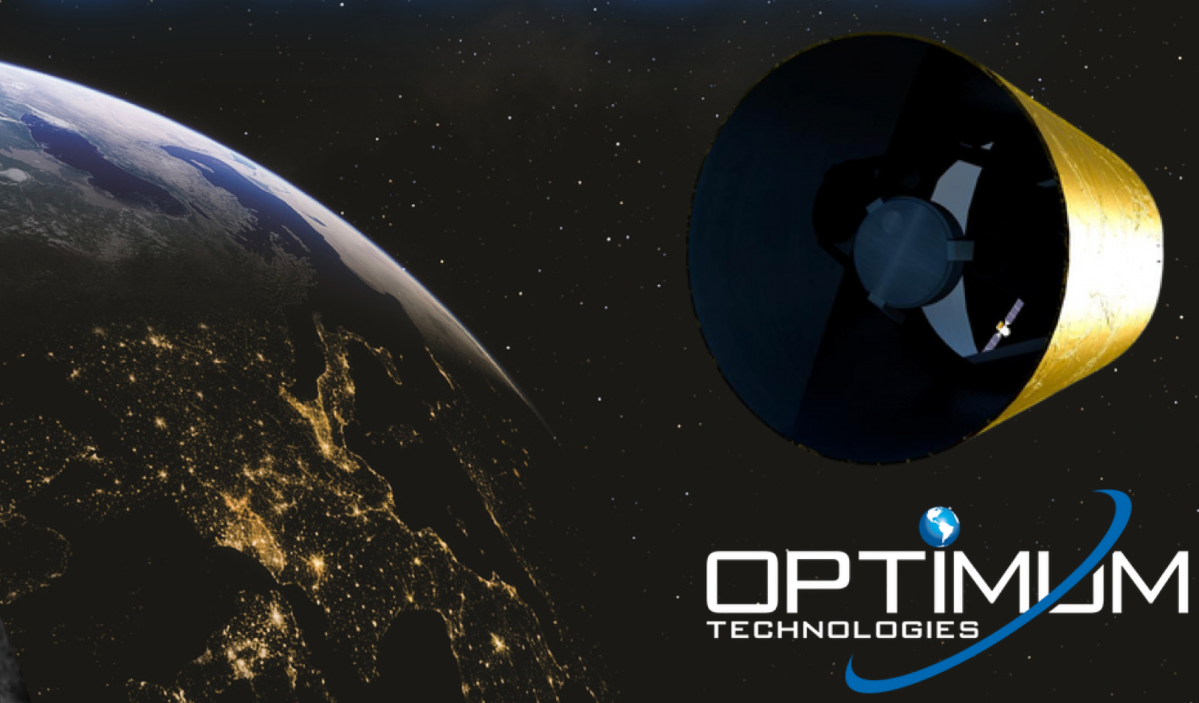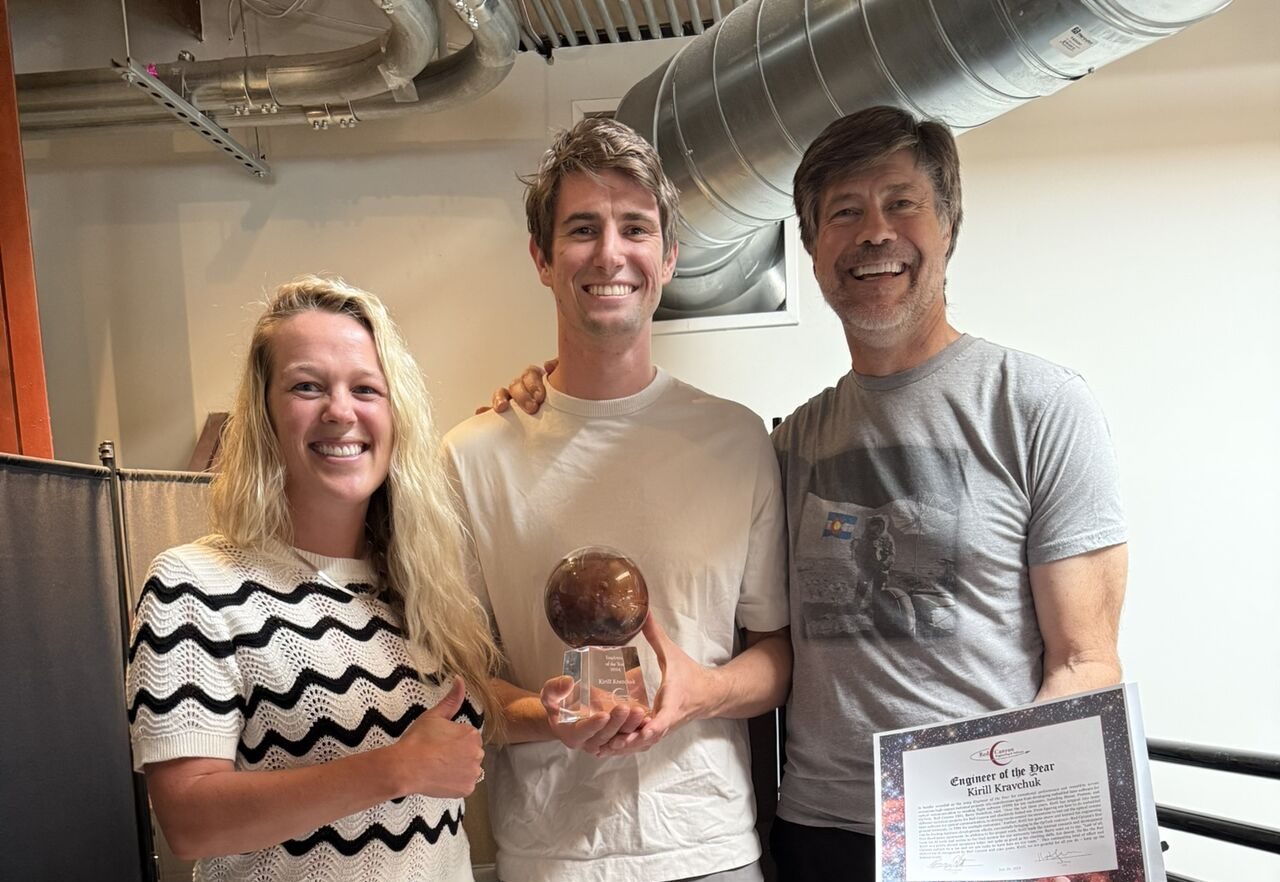| In 2018, scientists reported the discovery of a potential large subglacial saltwater lake near the south pole of Mars. Two years later, scientists have located not only one, but three additional surrounding lakes. The study published this week includes four times the amount of data over a longer period than the 2018 study, all collected by the European Space Agency’s Mars Express spacecraft. If these findings are accurate, they will be significant milestones in our search for life on the Red Planet! There is still debate over the interpretation of this information – one concern being the absence of a sufficient heat source to turn the ice into water. For water to exist in these conditions, the salt content must be high, which may decrease the likelihood of its viability. Nevertheless, the potential for life on Mars in the past, present, or future is an exciting possibility to continue exploring! |
Water on Mars: discovery of three buried lakes intrigues scientists
There’s water on Mars! Signs of buried lake tantalize scientists
- Image Credit: ESA/DLR/FU BERLIN / BILL DUNFORD





